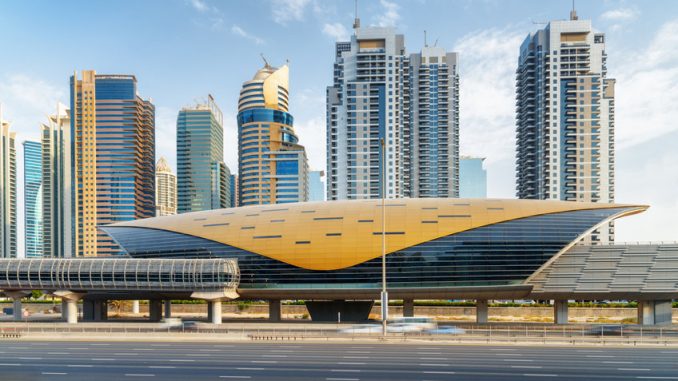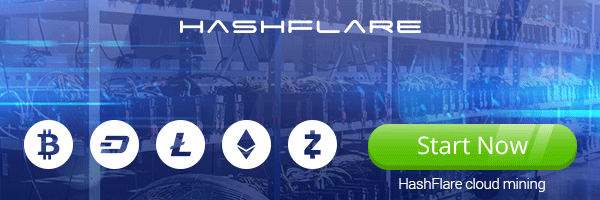
M2 enables UAE residents to trade BTC and ETH directly with bank accounts.
Integration supports dirham deposits, withdrawals, and market-responsive trading.
UAE has strict regulations to ensure consumer protection and market transparency.
In a significant development for the digital asset market in the United Arab Emirates (UAE), M2, a prominent crypto exchange, has announced that UAE residents can now buy and sell Bitcoin (BTC) and Ethereum (ETH) directly using their bank accounts.
This new integration facilitates the direct conversion of UAE dirhams into BTC and ETH through M2’s spot market, marking a milestone in the accessibility of virtual assets in the region.
M2 users can seamlessly convert dirhams into BTC and ETH and vice versa
In an announcement shared with Cointelegraph, the M2 exchange highlighted that the new feature will enable users to convert dirhams into Bitcoin and Ether seamlessly through the trading pairs listed on M2’s spot markets.
Additionally, the platform supports the deposit and withdrawal of dirhams, offering users greater flexibility in managing their assets.
The M2 team emphasized that this integration would enable users to “swiftly adapt to market changes,” allowing them to easily convert their local currency into crypto.
This is particularly beneficial for everyday investors who may not be fully immersed in the complexities of the trading environment.
According to M2, the higher levels of familiarity and significant trading volumes of BTC and ETH make these cryptocurrencies ideal entry points for new investors looking to enter the digital asset space.
UAE has the strictest regulatory framework globally
Regulated by the UAE government, which is known for its stringent consumer protection measures, this move reflects the country’s commitment to safeguarding its residents in the evolving crypto landscape.
The UAE has established a reputation for having one of the strictest regulatory frameworks globally, prioritizing consumer protection. In 2022, Dubai’s Virtual Asset Regulatory Authority (VARA) mandated greater transparency in crypto advertisements to better protect consumers.
Moreover, in 2023, the UAE introduced a federal law aimed at preventing fraud in the crypto market, imposing fines of up to 10 million AED ($2.7 million) for violations.
Commenting on the integration, Kimmel, an executive at M2, noted that the ADGM’s licensing process was demanding due to its high standards for multilateral trading facility permits. However, he affirmed that this rigorous due diligence ensures that licensed platforms meet the country’s security and transparency standards, thereby fostering trust among UAE users.
Despite the challenges associated with the licensing process, the UAE continues to be a strategic region for the crypto industry.
Favourable tax policies, access to global markets, and a safe environment for innovation make the UAE an attractive destination for crypto businesses.
This new development by M2 is set to further enhance the accessibility and appeal of virtual assets in the UAE, making it easier for residents to participate in the burgeoning crypto market.






Be the first to comment